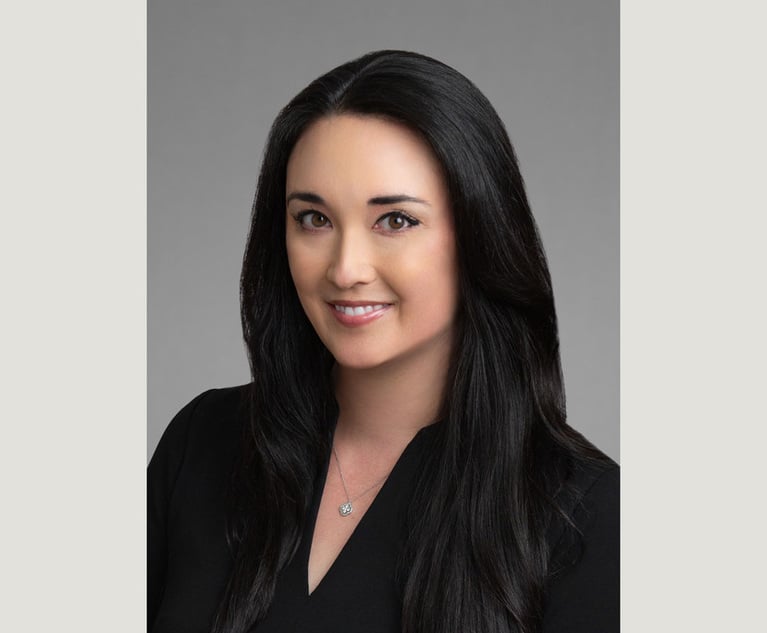Over the last year and a half, as employers tried to figure out how to keep their employees and work environments safe from COVID-19 in a very dynamic environment, with lots of inconsistent messages and information, it should not be surprising that reasonable accommodations have become a hot topic. Employees make requests for accommodations generally for two reasons: (1) medical conditions and (2) religious practices. The standards are similar but not identical for both. In the face of more of these requests than ever before, it is worth reviewing the basics legal requirements surrounding such requests.
In addition to the Americans with Disabilities Act, Texas Labor Code, Section 21.128, requires employers with 15 or more employees to provide reasonable accommodations to qualified employees or applicants with disabilities, unless such an accommodation would be an undue hardship. The cost of an accommodation and the availability of alternate accommodations are factors in determining if an accommodation would be an undue hardship. Courts cannot award damages against employers who can show that they have made good faith efforts to accommodate a qualified individual with a disability, including consultation with that individual and efforts to provide an equally effective opportunity for that individual.


 Shira R. Yoshor is a shareholder at Greenberg Traurig in Houston and Philadelphia. Courtesy photo
Shira R. Yoshor is a shareholder at Greenberg Traurig in Houston and Philadelphia. Courtesy photo




